What is a PBX?
The letters PBX stand for Private Branch Exchange. A PBX phone system will automatically answer all your calls and route them to the correct user extension or department. A PBX system allows your business to have one external phone number or line for the outside world that all of your internal lines access. The PBX provides a way for all of your internal lines to connect.
To learn more about PBX, click on the links to each of the sections below.
How PBX Works: In easy-to-understand terms
History and Development of PBX
Different Types of PBX:
If you would like to get a pbx phone system for your business, contact us.
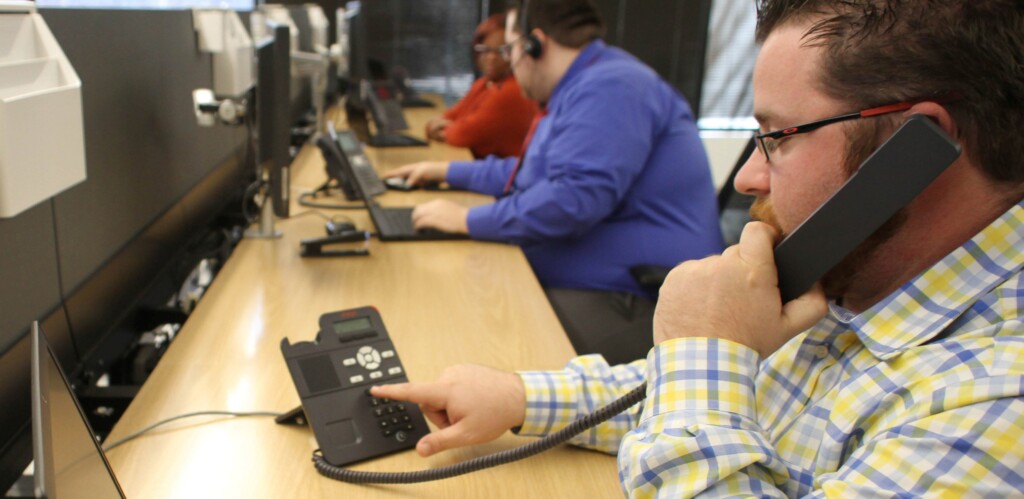
PBX provides a way for all of your internal lines to connect.
How PBX Works: In easy-to-understand terms
If you are looking for an easy way to understand how a PBX works, think about a power bar that you use in your home. A power bar plugs into one outlet in your home, but it lets you plug in several separate devices that can share that one outlet all at the same time.
The same principle applies to a PBX. The PBX acts as a bridge to your one outside telephone line and it allows you to connect multiple internal phones to that one outside line. You can plug numerous phones into a single line, so you can have more phones than phone lines. It also lets people within your organization make free calls to each other and several people can use the phone line at the same time.
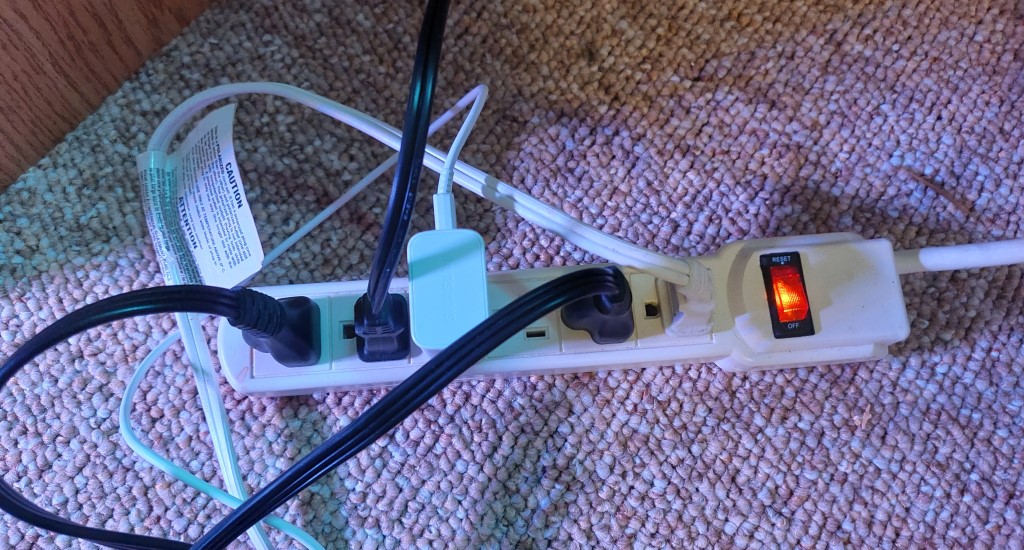
PBX works like a power bar allowing multiple phone lines to connect to one outside line
History of a PBX
Before the development of private branch exchanges, phone calls were directed through public switchboards. These switchboards needed operators to manually direct calls to the correct destinations. Businesses that started using separate lines for each internal department found it very expensive to pay for each call.
They had to pay the same price for a call that was made internally between departments as those that were made to another city. To lower costs, businesses began to hire their own operators and set up their own blocks of switchboards to direct calls within their organization and cut costs. These were the first private branch exchanges.
With the development of superconductors in the 1970s, reliable automated switchboards that didn’t need a human operator enabled businesses to cut their phone costs considerably and PBX’s grew in popularity. However, even with the lower operating costs, PBX equipment was still a sizable investment and something that only large corporations could afford.
However, with the development of the internet and cloud PBX, having your own private branch exchange phone system is possible even for the smallest of businesses.
The first PBX systems were run by human operators
Different Types of PBX:
1. IP PBX
Many PBX systems are now using the Internet Protocol (IP) as their communication channel instead of traditional analog lines.
The biggest advantage of the IP PBX is that you can practically have an unlimited number of extensions and trunks so you are not restricted when you need to increase the size of your system.
IP PBX also allows you to have more complex features that would be very expensive if you had them implemented on a traditional system such as:
- Automated receptionist
- Reporting
- Ring groups
- Unlimited voicemail
- Call transfers to a mobile device
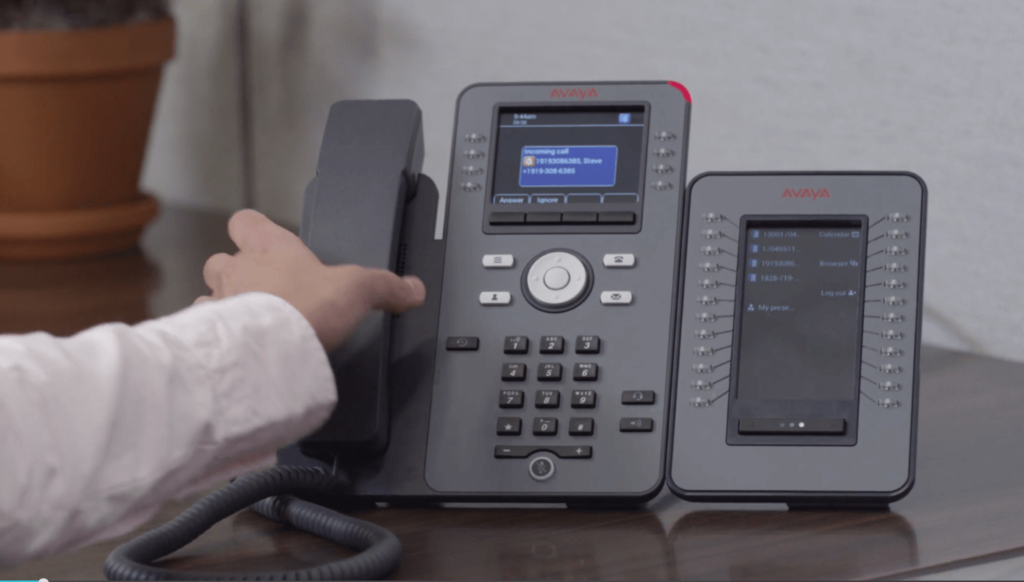
IP PBX also allows you to have more complex features
2. On-Premise PBX
On-premise PBX systems are located at your facility and use traditional landline phones that connect to your PBX equipment. You own all of the equipment needed to run your PBX and you are responsible for maintaining it.
They are very expensive to set up because you need to purchase your own server and hardware and you need to continually keep it maintained because you own the equipment.
3. On-Premise IP PBX
IP-PBX phone system is a lot like a traditional PBX system in that the system itself is located in your facility, not at your service provider’s facility.
However, it uses IP phones that connect to your IP-PBX server through a local area network instead of landline phones. Your calls go through a traditional phone company as well as a VoIP system.
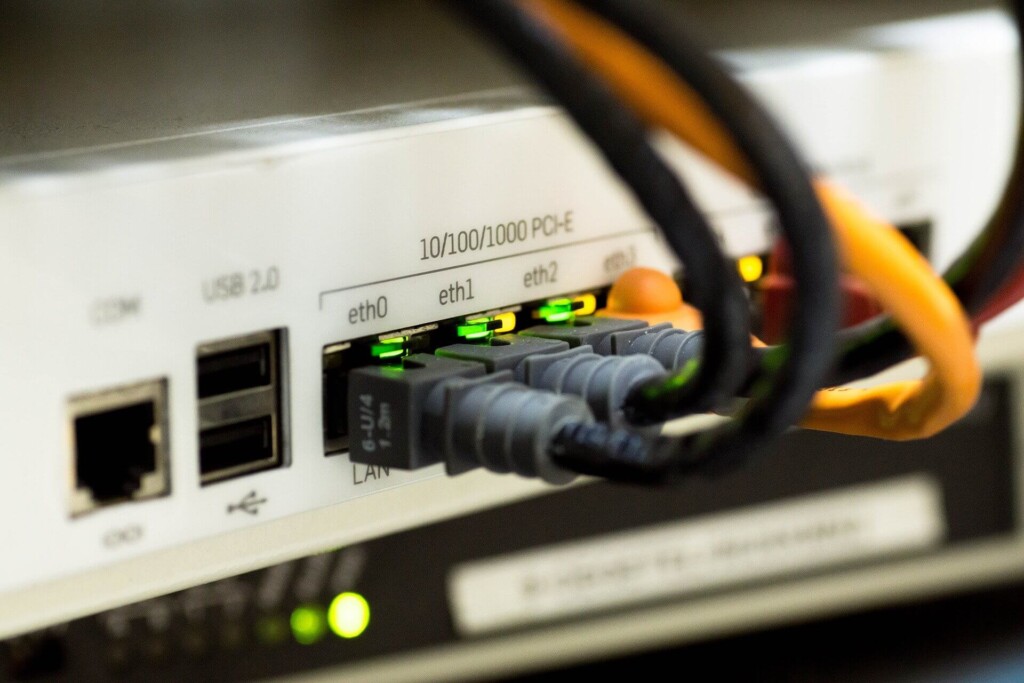
On-premise IP PBX uses IP phones that connect to your IP-PBX server through a local area network
4. Hosted PBX
Hosted PBX, also known as hosted VoIP, is an internet phone system where your service provider looks after housing and handling the technology for your IP PBX at their location.
Your desk phones are then plugged into a router that will connect them through the internet to your service provider’s location. Your service provider will charge you a monthly fee that will include the number of minutes you can use as well as certain available features, or you can be charged at a per-call rate.
5. Cloud PBX:
Traditionally, a PBX system was located at your business location, however, cloud PBX is a virtual system that is located off-site and you access it through the cloud (internet).
Cloud PBX also allows you to connect your business phone numbers from remote locations by using a webphone or a mobile app. No matter where you are when someone calls you through your business number, you can answer and the caller will think that you are at your business. This will help you improve your customer service and efficiency.
In the past, a PBX system was not an option for smaller businesses or start-ups due to the high initial costs to purchase the necessary equipment, the space needed to house the equipment and the expertise required to keep it running. However, lower costs and the fact that you don’t need to house your equipment means that cloud PBX is available for almost any business that wants to have this type of service.

Cloud PBX allows you to connect your business phone numbers from remote locations
Looking to Purchase a PBX Phone System? Contact Network Telecom
If you are looking to purchase a new PBX phone system, contact the telecommunication specialists at Network Telecom. We have been selling, installing, and servicing every type of phone system for over 40 years.
We can even help with training your employees on the features of your new phone system so that you can use it as efficiently as possible.
If your phone system is not working as it should, our trained technicians are available to help 24 hours a day, 7 days a week, 365 days a year. We carry a huge selection of parts in order to quickly solve any component issues you are experiencing. If you are having a telecommunication or networking issue, we can resolve it quickly and professionally.

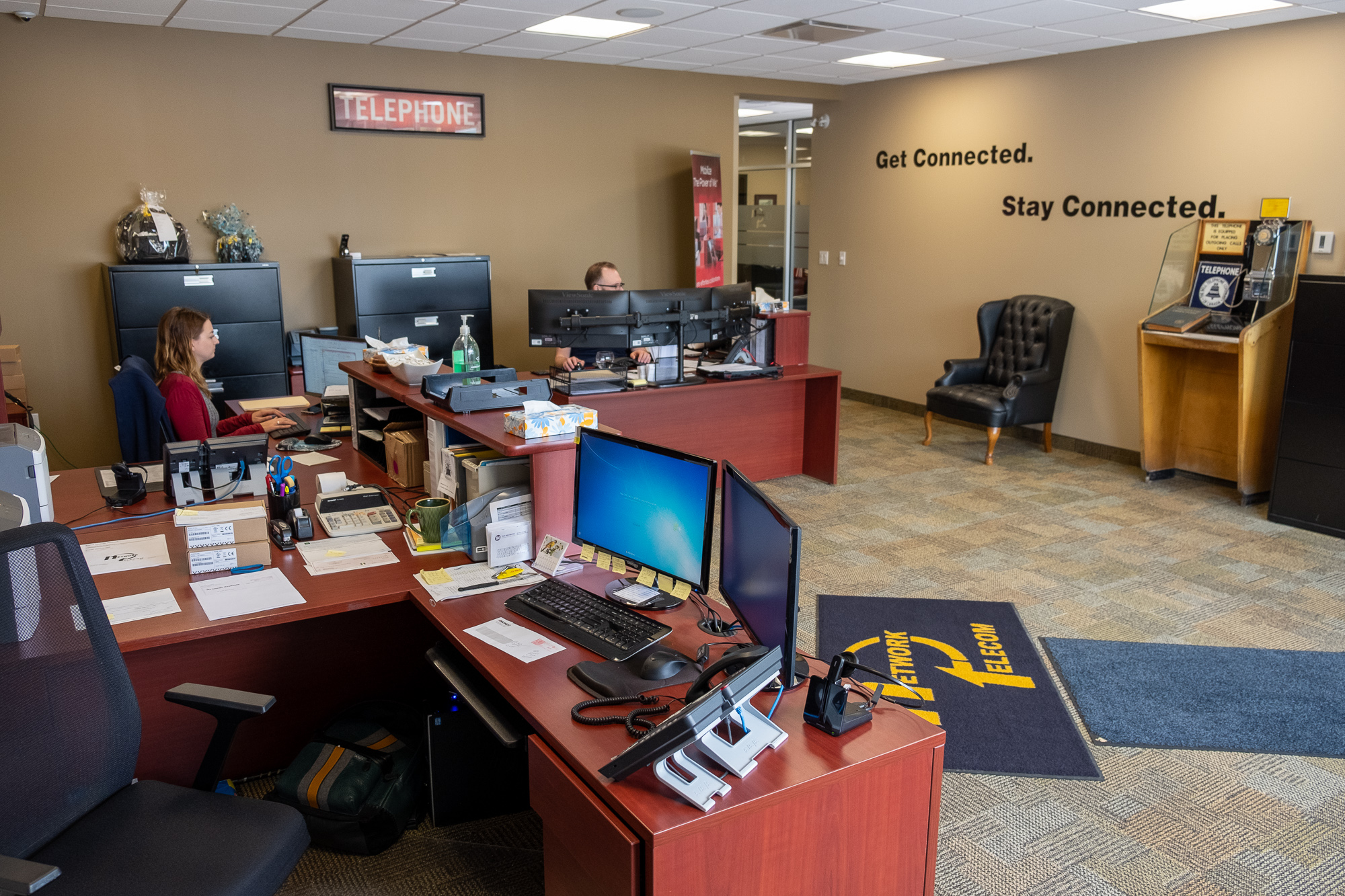
In addition to our accredited and certified technical expertise, we offer:
- Consultative Sales
- Cloud Services
- Ongoing Support
- Voice Mail Systems
- System Design + Consulting
- System Admin + User Training
- PA Systems
- VoIP Specialist
- Network Cabling
“Network Telecom was wonderful to work with. Helpful and knowledgeable, their team transitioned our office to the new phone system with ease. They were also available to answer concerns and provide additional support post transition. Would definitely recommend their services. Thank you to the team at Network Telecom!”
“We just had an installation done today and it was a great experience. I am not at all tech savvy but everything was explained in a helpful and patient manner. The system seems great and we are really looking forward to running a more efficient office. Highly recommended!”
“Outstanding Service! We had a full phone system installed at a brand new facility and the experience was great. From sales to service the team followed through. The support we have received so far has been excellent. During our install the Network Telecom team even stepped in to help another company who couldn’t complete their portion of the install on time. They truly understand the big picture and will do what it takes to ensure the install is completed to keep your business up and running. 10/10”

